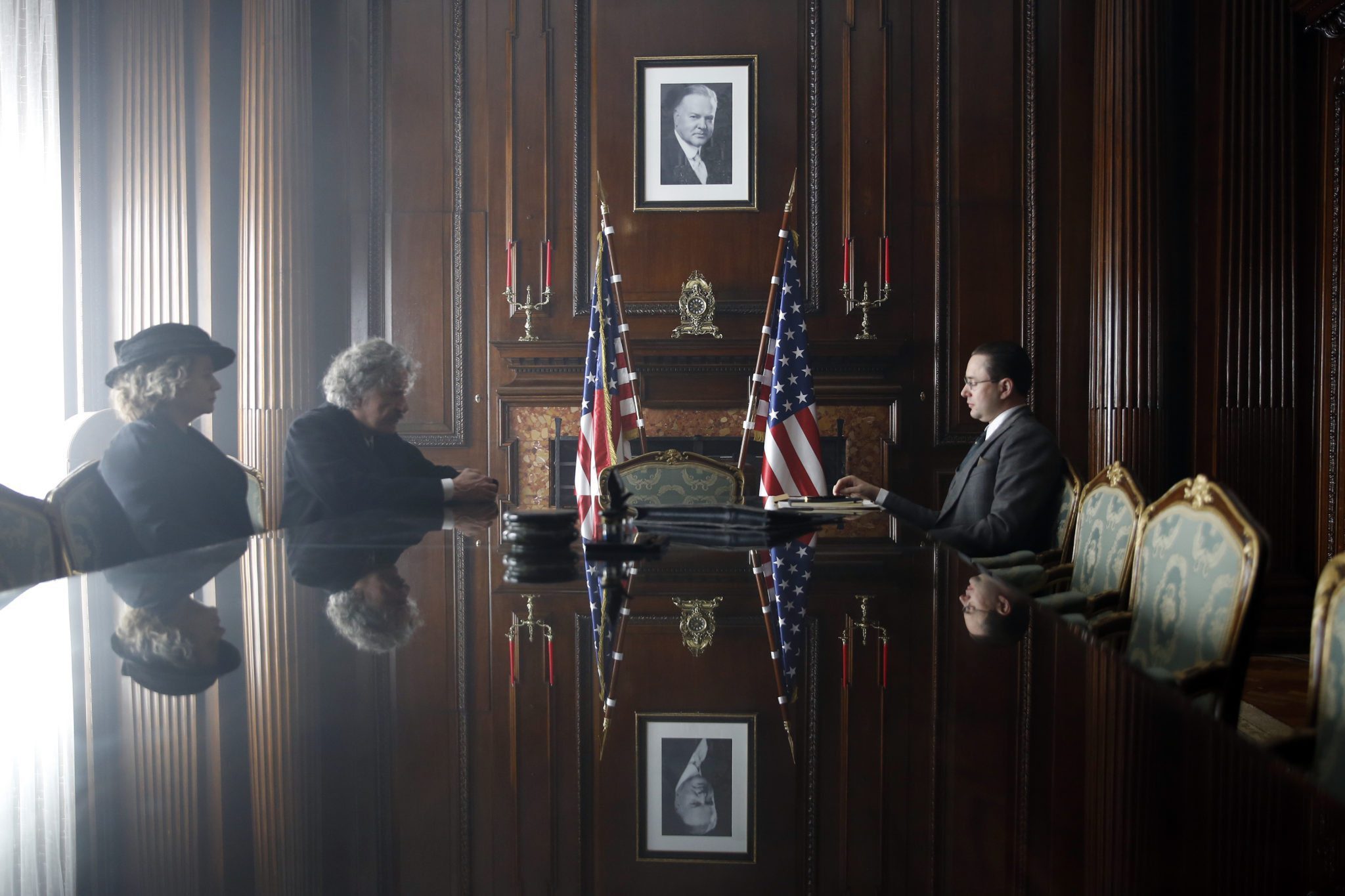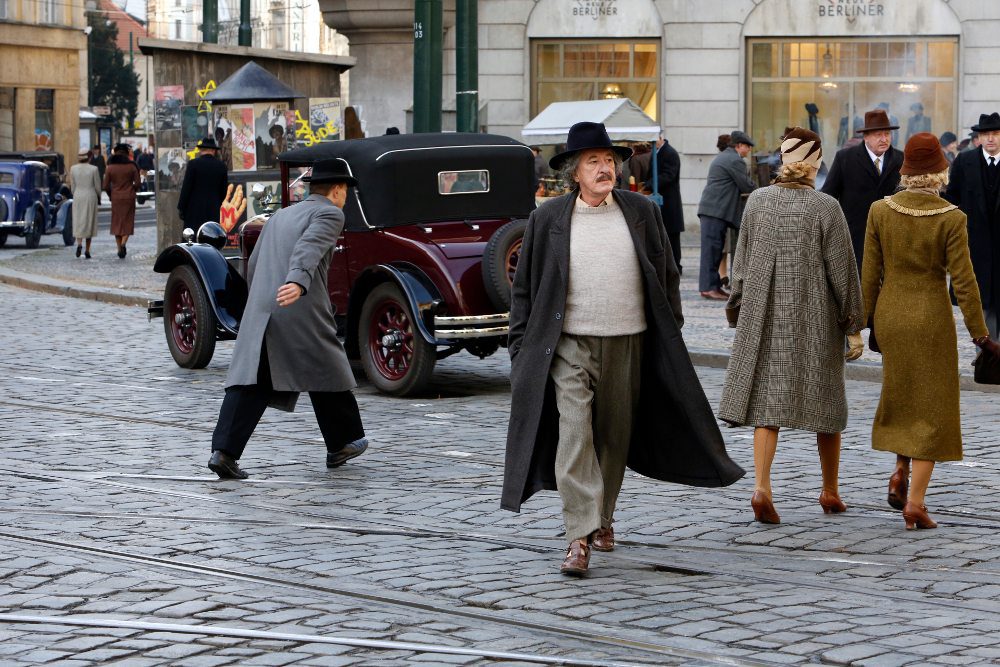
Burial – Legacy and death
?Death is nothing if the legacy lives on.? Ben Parker?s Burial builds a tale around the ambiguity about the death of Hitler in 1945. Some have used that idea to imagine his escape to Argentina. This film takes a different perspective. It becomes a battle for the propaganda value of Hitler?s remains in the days…


